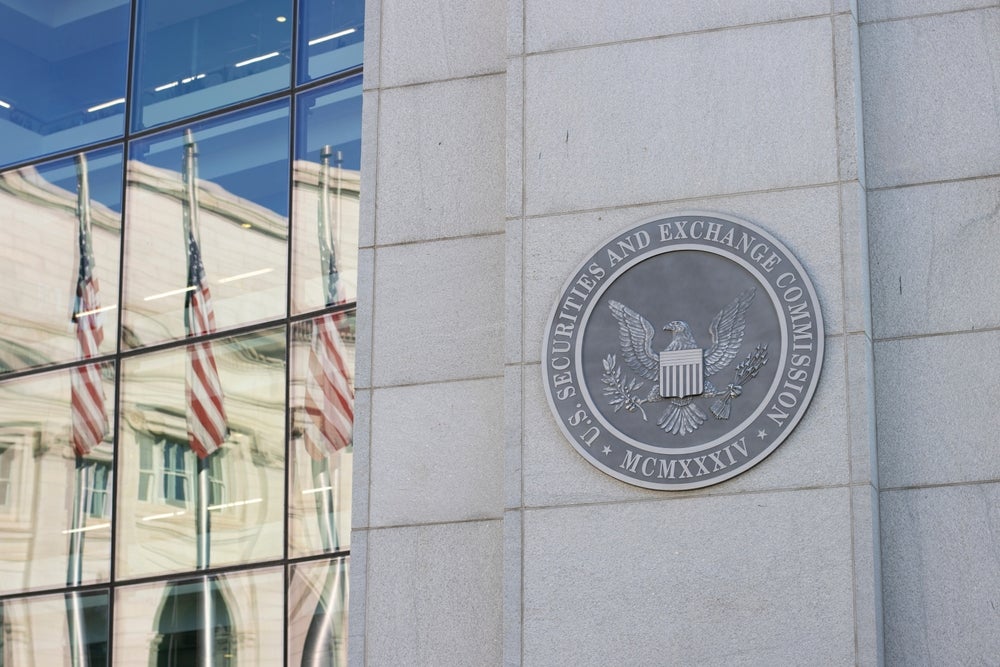The Securities and Exchange Commission (SEC) former chair Christopher Cox told The Accountant he remains a supporter of the IFRS mission although he is "disappointed things have come to this pass" regarding the stalemate reached in the adoption of international standards by the US.
Cox’s remarks followed the publication by US media outlets of some excerpts of a keynote speech he gave on 5 June at the annual SEC and Financial Reporting Institute Conference in Pasadena, California.
Some of his quotes, such as "Today, I come to bury IFRS, not to praise them", became somewhat viral in the trade press worldwide, which made some commentators interpret it as a change in Cox’s convictions.
Cox, currently a partner at law firm Bingham McCutchen and president of Bingham Consulting, shared with The Accountant a copy of the full speech for context.
Entitled ‘How America’s participation in International Financial Reporting Standards was lost’, Cox’s intervention built on the idea that such a participation is absolutely lost and focused on how and why it happened.
But he told The Accountant: "I hold out hope for a change for the better, including initially the voluntary use of IFRS by US issuers in limited circumstances where industry comparability for the benefit of investors would be enhanced."
How well do you really know your competitors?
Access the most comprehensive Company Profiles on the market, powered by GlobalData. Save hours of research. Gain competitive edge.

Thank you!
Your download email will arrive shortly
Not ready to buy yet? Download a free sample
We are confident about the unique quality of our Company Profiles. However, we want you to make the most beneficial decision for your business, so we offer a free sample that you can download by submitting the below form
By GlobalDataCox’s chairmanship of the SEC, from 2005 and 2009, coincided with a period where American enthusiasm for IFRS was at its best.
"The stars were aligned to make it not impossible that the US could actually join and perhaps even lead this global effort," Cox said in his speech.
In 2005, as he recalled, the European Union adopted IFRS. This "European Big Bang" prompted the International Accounting Standard Board (IASB) and the Financial Accounting Standard Board (FASB) to sign an agreement to go beyond convergence and achieve a "common set of high quality global standards".
But the zenith of the IASB and FASB collaboration came in 2007, when the SEC allowed foreign issuers to use IFRS without reconciliation of US GAAP, and in 2008 when it proposed a roadmap for the adoption of IFRS in the US.
However, as Cox recalled, American stakeholders came to the realisation that with the IASB they wouldn’t get what they expect from a standard setter. Namely five things according to Cox:
1-Standards that are developed in their interest;
2-A transparent standard-setting process;
3-An independent standard setter, particularly free from regional biases;
4-Accountability of the standard setter;
5- And meaningful participation of stakeholders in the standard-setting process.
Since then, momentum for IFRS adoption in the US has dramatically declined. And the IASB and FASB have failed to agree on convergence projects such as leases and insurance contracts, with the recent exception of revenue recognition.
Radio silence
Another defining moment came in 2012 when the SEC was supposed to make a decision about the incorporation of IFRS into the financial reporting system for US issuers, but the US regulators didn’t get their hands dirty and have rather maintained a lukewarm stance so far.
Nonetheless, current SEC chair Mary Jo White recently said IFRS adoption continues to be a priority, performing what this magazine dubbed as a balancing act between change and continuity.
As Cox pointed out in his speech, it’s a "counterproductive fiction" that the US will ever replace its standards with IFRS.
"Perhaps I’m wrong. Perhaps a different end can be written to this story and we’ll live to see it. But for that to happen, everyone involved -the IASB, the FASB, the SEC and the US Congress- will have to decide how they’re going to change and what they’re willing to do to make the system work."
In her remarks last month at an industry event, White said she couldn’t answer the question of IFRS adoption that night. "I hope to be able to say more in the relatively near future," she said. But time is ticking away.
Related articles
SEC performs balancing act between IFRS and US GAAP
SEC IFRS adoption decision date unknown






